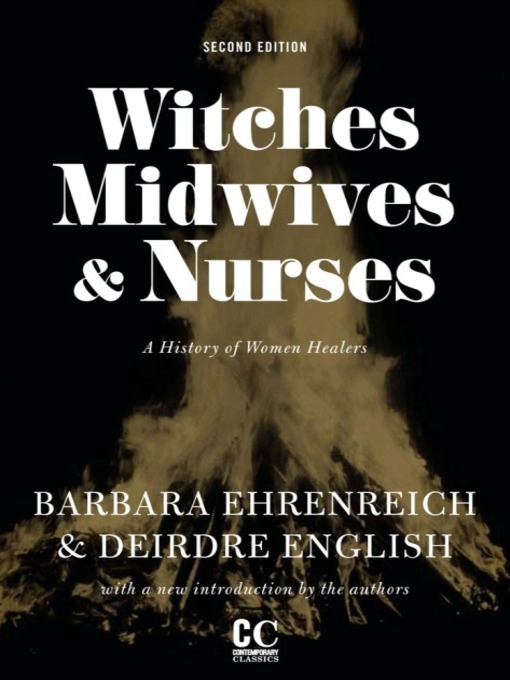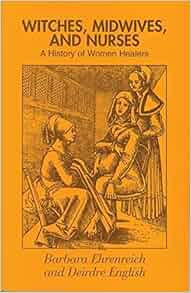

The issue of lay healing by women and ultimately midwifery being driven to extinction in America is served especially well. As the authors state so well, "It was witches who developed an extensive understanding of bones and muscles, herbs and drugs, while physicians were still deriving their prognoses from astrology and alchemists were trying to turn lead into gold."


It was interesting to note that in Europe, the extensive witch hunts were often targeted at lay healers, usually women, and in this way much of our ancestral herbal knowledge was destroyed.

However, a few sentences about what were assuredly the multitudes of dangerous faith healers, quacks, and other people practicing medicine at the time would have given their argument more credence by making it obvious that the authors were more aware of the complex social environment of the time. And it's undoubtedly true, as the authors claim, that "Flexner and the foundation had no intention of making such training available" to anyone except the wealthy white men who attended the schools which received grants from the Carnegie Corporation by whom Flexner was employed. Not allowed into the more prestigious schools, those who were black and female and sought a medical career found their schools were almost universally forced to close after the report revealed their education to be sub-standard. For example, the 1910 Flexner report, which revolutionized American medical education at a time when anyone could set up a medical practice or even a school, was surely as the authors contend a devastating influence on blacks and women. Nevertheless, I was able to overlook what I thought were glaring omissions. cringe a little at what read now like overstatements and overly militant ways of stating things." From what I've read of Ehrenreich's work, I wonder if more of her books wouldn't be better-served to have this type of warning in the introduction. I adored this book, especially since the authors included a caveat at the beginning which attempted to neutralize any overly-vehement or one-sided arguments, ".we.


 0 kommentar(er)
0 kommentar(er)
